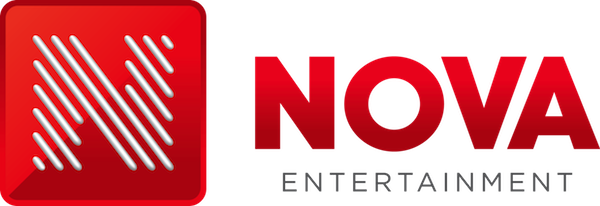Mark Klemens on the keys to good negotiation and a “holistic” approach to management

Profile Talent Management boss Mark Klemens topped Radio Today‘s list of the top radio talent managers right now.
Mark has been involved in the management of high profile Australian artists and performers for many years and is a highly skilled and experienced negotiator, having worked extensively across publishing, television and radio.
Mark’s Profile Talent Management looks after radio talent of the highest calibre, including smoothfm’s David Campbell, Gold104.3’s Christian O’Connell, 2DayFM’s Ed Kavalee, Fox FM’s Fifi Box, former SCA duo Hamish & Andy and Nova 96.9’s Michael ‘Wippa’ Wipfli, plus Nova 91.9’s Dylan Lewis, Will & Woody, Triple M’s Lawrence Mooney, and Ned & Josh.
Radio Today caught up with Mark to find out a bit more about what makes his business tick.
What processes go into deciding whether a client is worth taking on board?
We only take on new clients we believe we can add value to in their career who seek genuinely to have long-term media careers. We also assess whether they would fit into our style of management, their long-term goals and potential and their actual commitment to a media career. It’s a very considered process as we understand how important it is to the client to have effective and proactive management.
How important is having good contract negotiating skills as a manager?
I think this is a fundamental skill. It’s not only about the bottom line and so the remuneration. There are many other factors and conditions that need to be worked through to meet your clients’ goals in negotiating a contract for example. A thorough understanding of contract law as it applies to the media industry is vital.
What are the other key business services that you offer your clients?
We offer holistic management. So we advise on all aspects of a media career, source out appropriate media opportunities in all forms of the media, negotiate those deals that are offered and accepted, manage those media relationships with TV organisations, radio organisations, production companies etc.
How is negotiating a radio deal different from say a TV or branding deal?
Clearly, there is overlap in both mediums (TV and radio). Radio deals are true network deals, for the most part, have greater longevity generally and have coupled within commercial campaign obligations. It’s important to make sure you fully understand your clients’ needs in this space and carve out potential other opportunities where possible so as not to restrict your clients’ growth in other areas. Other than that they are very similar in terms of approach. It’s important to know the usual terms and conditions intimately as there are traps for inexperienced players here.
How important is commercial radio as a platform for building talent?
Radio is a wonderful medium with great opportunity albeit very competitive. It gives talent the opportunity to express themselves generally in a more free free-flowing manner, builds skills in presenting and interviewing, build a great work ethic and quick wit and generally enhance their communication skills. Its a way of introducing new people to the business of media. It enables a transition to TV also in many cases.
What do you offer young developing up and coming talent?
We offer a wealth of experience both from a creative standpoint and otherwise. I think over the past 15 years we have experienced so much in this industry, have built relationships with so many key people in the business and also have a handle on the direction the media is heading. We offer great mentorship and guidance and the opportunity to get close to more experienced talent who are generally more than happy to help young talent. We represent a wonderfully talented group of clients. We foster a very strategic approach to each and every one of our clients’ careers
What do you look for in radio talent?
A natural ability for a start, someone who will and can learn the craft from that point on, warmth, diversity, some point of difference, general appeal, strong work ethic, good sense of humour, creative skills, genuine in approach and simply a good storyteller that can adapt that skill.
What are the key steps to developing talent well?
It’s vital to understand your clients’ goals and work towards the long-term goal, not a short-term gain. You then need to be very open and honest and always seek to assist in areas that need attention. It’s vital for talent to “keep their feet on the ground” and understand the working of the business. Never burn bridges for example. It’s important for us to listen and then proactively move forward with our clients.
What ingredients make a good client-manager relationship?
Understanding and compassion as well as honesty towards them in assessing their craft. You need to be available to them at all reasonable times and have consistent and regular communication. You need to genuinely advise. Above all there must be absolute trust in the relationship.



